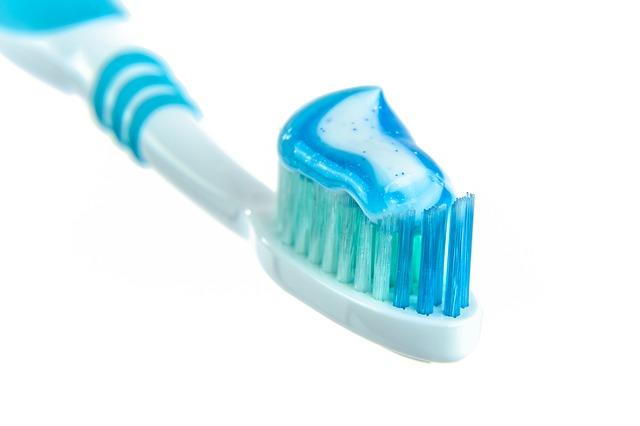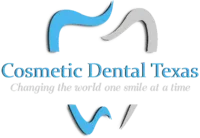
Many popular brands contain questionable ingredients that you are far better off avoiding. Your mouth is actually one of the most absorbent places in your entire body. This is why some medications are administered sublingually, or under your tongue.
The ingredients to avoid are:
Triclosan– This has been shown to help prevent gingivitis. However, the benefit comes at a steep price. The chemical has been linked to concerns over antibiotic resistance and disruptions to the endocrine system.
Sodium Lauryl Sulfate– A common ingredient in toothpaste and another likely cancer contributor, sodium lauryl sulfate (SLS) is as a surfactant that helps thicken toothpaste, and is responsible for its foaming action. SLS is said to help dissolve dental plaque. It is a known skin irritant, it pollutes our groundwater, it is toxic to fish and other aquatic animals, and it’s a pesticide and herbicide that is used to kill plants and insects.
Aspartame, Saccharine– These are artificial sweeteners that often show up in toothpaste formulas and many sugar free foods. Each has been linked to many serious health problems and should be avoided altogether.
Fluoride– Fluoride is an endocrine disrupter that calcifies the pineal gland, and can reduce thyroid and adrenal gland function. Fluoride increases cancer risk, causes damage to DNA, inactivates enzymes within the body, accelerates aging, disrupts the immune system, and should be avoided both in toothpaste and in water.
Propylene Glycol– This is a form of mineral oil. It’s an alcohol that is produced by fermentation of yeast with certain carbohydrates.
Propylene glycol comes in several grades, and it has a variety of uses. The industrial grade is an active ingredient in engine coolants and antifreeze, airplane deicing formulas, paints, enamels, and varnishes. Propylene glycol in pharmaceutical grade form is used in many products, including toothpaste, as a solvent or surfactant.
Glycerin– In itself, glycerin is not toxic. The problem is that glycerin, when scrubbed onto the surface of teeth, leaves a residue that is hard to remove. You can rinse your mouth two to three dozen times to remove it.Calcium and phosphorus, minerals the teeth need which are normally present in our saliva, continually flow through of our teeth. Glycerin residue prevents this natural flow, the natural demineralization and remineralization process. This accelerates tooth decay and other dental problems.
Diethanolamine– Diethanolamine (DEA), is in products that foam like toothpaste. DEA disrupts hormones and forms cancer-causing nitrates. Dr. Samuel Epstein, professor of environmental health at University of Illinois, states that repeated exposure to skin may lead to increased risk of liver and kidney cancers.
https://plus.google.com/101649060712681915175
Cosmetic Dental Texas
2101 Crawford St, Suite 103
Houston, TX 77002
(713) 654-7756
https://cosmeticdentaltexas.com

